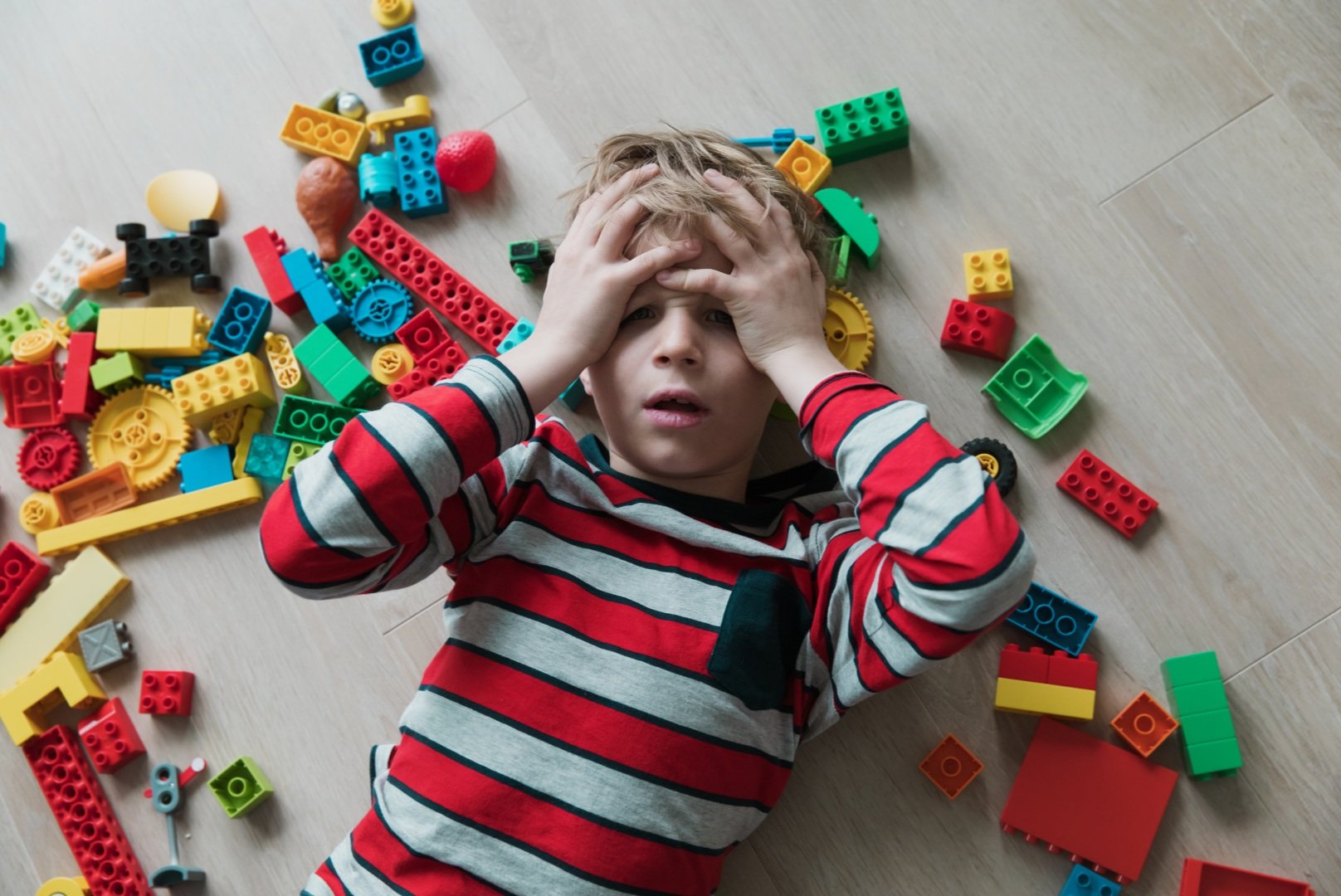
ADHD In Women
While traditionally associated with boys and men, ADHD in women often presents itself differently, making it more challenging to recognise and diagnose. Until recently, most studies have focused on boys and as a result more is known about how males experience ADHD.

The Power of Double Empathy: Understanding and Connecting Beyond Differences
In a world marked by diverse backgrounds, experiences, and communication styles, it is crucial that we embrace empathy as a two-way street. The Double Empathy Problem is a concept in psychology that challenges the traditional assumptions about empathy deficits in Autistic individuals.

Acceptance and Commitment Therapy
When the opportunity to attend in person training with Dr Russ Harris (in Perth!) arose I was excited and took it. Dr Russ Harris authors several books you may recognise – The Happiness Trap, The Reality Slap, The Confidence Gap to name a few.

What Happens in an Art Therapy Session?
The art therapist might make a mental note of recurring patterns in an artwork or if a particular art medium is favoured, but their priority is to help the client who has created the artwork to work out their own interpretation and what that means for them.

Flourishing - A Positive Psychology Concept to Increase Wellbeing
Flourishing is known as one of the most important concepts to come out of positive psychology and has can provide significant direction for how we live, love and relate to each other.

Autistic Inertia
You may have heard of the word ‘inertia’ before but may not have heard it used in reference to Autism. ‘Inertia’ is the term used for Newton’s first law of motion: that every object will stay at rest or in uniform motion unless influenced to change by the action of an outside force.


The Benefits of Parent Sessions
Young people may benefit from some involvement from their caregivers in implementing therapeutic goals and making environmental changes to match their needs. Research has found that psychological outcomes are better for neurodivergent children and adolescents when parents are involved. At The Kidd Clinic, we often recommend parent sessions in addition to, or instead of, sessions for our young people.

Eye Movement Desensitisation Reprocessing (EMDR) at The Kidd Clinic
EMDR is a psychotherapy treatment that helps to reduce distressing emotions and sensations associated with traumatic or upsetting memories. It isn’t just for those who have experienced trauma, but can also be used to help treat depression, phobias, OCD, and more.

What Is Horticultural Therapy?
Have you heard of horticultural therapy? It’s a therapeutic modality that has gained traction over the past few years, but what does it really involve and how can it be of benefit?




After School Restraint Collapse
The build up of stress chemicals throughout the day (whether it be school, university or work), along with masking to fit in and appear 'non-autistic,' can often result in a spillover of energy and emotions upon arriving home. This is referred to as After School Restraint Collapse (Nair, 2017).

Tips for Working Successfully with Autistic Students
At The Kidd Clinic, we find a lot of Autistic students are working ten times as hard to keep up at school. This can lead to Autistic burnout. Autistic burnout can be understood as physical, mental, and emotional exhaustion an Autistic individual may experience from trying to navigate a world that is designed for neurotypical people.

Suicidal Thoughts In Children
TRIGGER WARNING: This article discusses suicide.
There are limited frameworks available for us to understand suicidal thinking in young children. Suicidal thoughts are complex, and there are many factors that contribute to suicidal thoughts, including genetics as well as acquired vulnerability. Early traumatic life experiences, chronic illness, chronic alcohol and substance misuse, and environmental factors such as for example, social position, culture and diet, all play a part in the development of vulnerability (Wasserman, 2012).

Autism and Identity-First Language
Autism is a neurodevelopmental difference in the brain, meaning Autistic people experience the world differently compared to non-Autistic people. At The Kidd Clinic, we work hard to create a space that is welcoming, safe, and affirming for all neurodivergent people. A neurodiversity-affirming approach involves understanding, accepting, and supporting brain-based disability. We believe Autistic people do not need fixing or changing; they need to be accepted, supported, and celebrated, and language is a very important and valuable way to do this.

Support for Parents at The Kidd Clinic
Do you ever wish that you could find THE blueprint, the ultimate step-by-step parenting guide for you to follow with everything you need to know about being a great parent and raising an awesome kid? This parenting bible does not exist, and maybe that’s not such a bad thing. Our children are all unique individuals with different strengths, interests, needs and challenges and so are we as parents.

What to Expect at an Initial Consultation Session
As this is the first time meeting your clinician, you may be feeling a number of different emotions. It's completely normal to feel a little bit nervous when meeting your psychologist for the first time. We sometimes feel nervous too! If you are attending about your child or adolescent we will ask you lots of questions about their development, schooling, friendships, family, strengths, interests, and current difficulties. We always explain our confidentiality policy in this initial session meaning that what we talk about is private (with a few exceptions which we will explain).

The Overlap: Where Autism and Anxiety Meet
I first became aware of the relationship between anxiety and autism after seeing this co-occurrence within my own family. The anxiety struggle was real, and often it substantially interfered with engagement in everyday activities, social interactions, and maintaining relationships. Unfortunately, for far too long medical professionals tended to regard behaviours resulting from anxiety symptoms as characteristics of autism.
